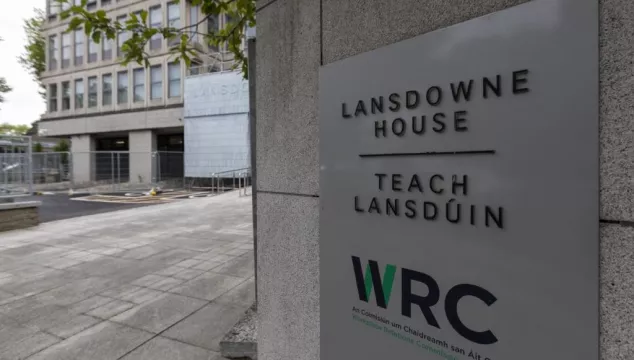The Workplace Relations Commission (WRC) recovered €1.4 million in unpaid wages for employees last year as the number of hearings increased by 30 per cent, according to its annual report.
The WRC is an independent body that acts as a one-stop shop for the resolution of employment law issues and disputes.
The adjudication service said it resolved 88 per cent of workplace disputes through conciliation last year. There was also a 30 per cent increase in parties willing to engage in mediation, the report said.
The WRC carried out 5,820 inspection visits last year and detected over 5,700 specific contraventions of legislation.
The report said the WRC’s information line dealt with almost 60,000 calls in 2022, an increase on 2019 levels when it handled 55,000 calls.
The organisation's website received over four million page views, a 23 per cent increase on 2021.
Responding to the annual report, Minister of State for Employment Affairs Neale Richmond said: "Last year was a very successful year for the WRC, 4,253 hearings were heard by the Adjudication Service in 2022, a 28 per cent increase on the 3,320 held in 2021.
"In addition, almost 6,000 inspection visits took place and in December almost 700 visits alone took place to ensure that employers and employees were aware of what needed to be done under the Tips and Gratuities Act that commenced that month."

He also highlighted the success of the WRC in recovering unpaid wages for workers: "As our economy continues to grow and we maintain effective full employment with over 2.57 million people at work in Ireland, we must ensure workers’ rights are upheld.
"In recovering €1.4 million in unpaid wages in 2022, the WRC is playing a crucial role in this regard."
Anna Perry, acting director general of the WRC, said: "2022 was the year when the WRC returned to more of its pre-covid service delivery model in terms of face-to-face engagements, which was very much welcomed by all stakeholders.
"It was a challenging year with significant achievements made. The hard work and commitment of the staff over the past year has been critical in managing the demand and delivering this level of output."







